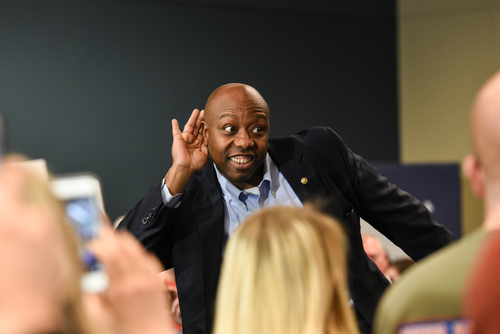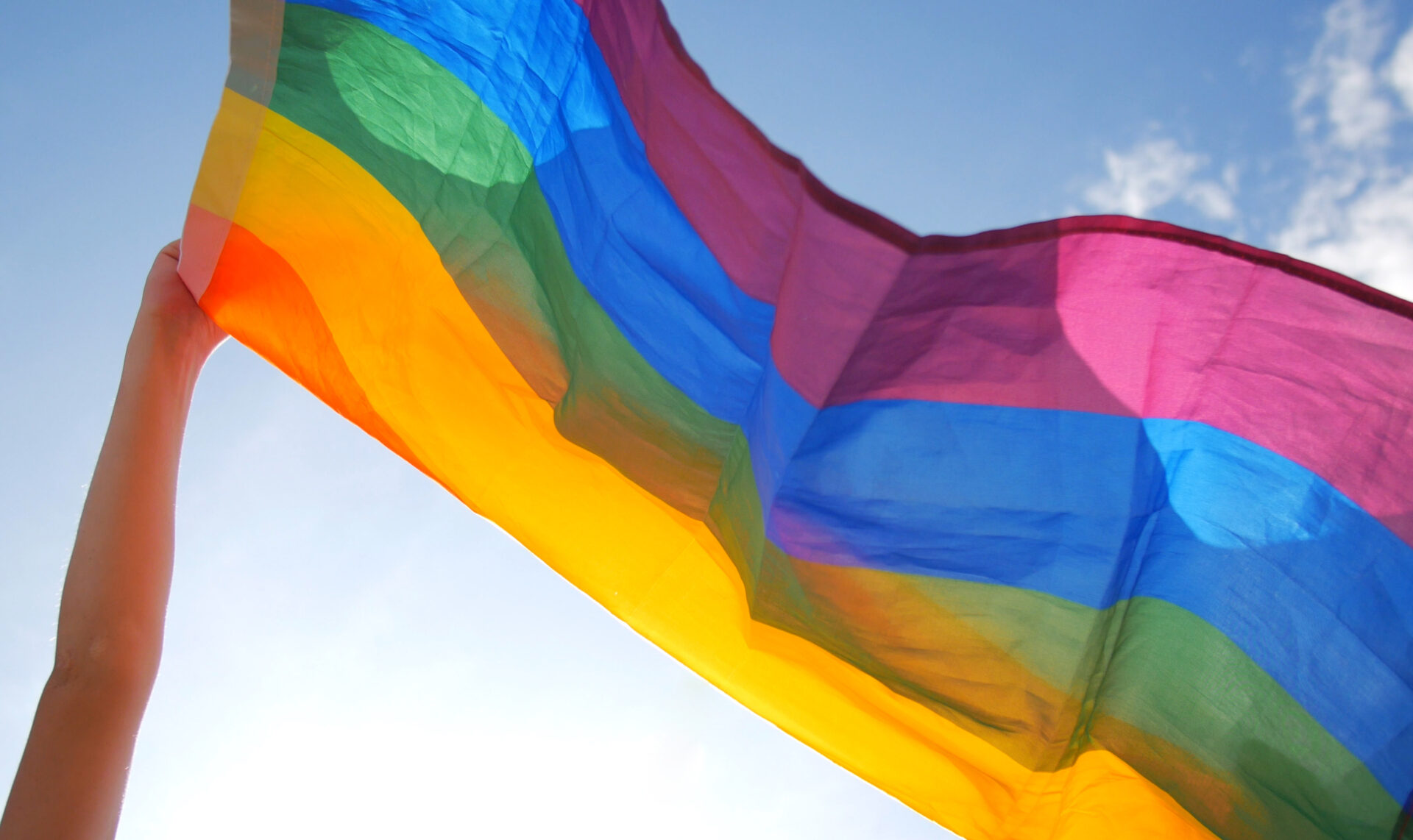As Pope Francis’s death at 88 marks the end of his controversial papacy, Christians worldwide are left wondering if the College of Cardinals will finally select a leader willing to confront the growing Islamic threat that Francis routinely ignored.
At a Glance
- Pope Francis died on April 21, 2025, following a significant health crisis, ending a papacy marked by unprecedented interfaith dialogue with Islamic leaders
- Critics charge that Francis prioritized climate change activism and Palestinian advocacy while remaining silent on widespread persecution of Christians by Islamic extremists
- The clash between Christian and Muslim civilizations dates back to the First Crusade in 1095, with modern Catholic leadership accused of abandoning their flock
- The College of Cardinals now faces pressure to select a pope who will defend Christianity with the same resolve as Pope Urban II
- Some observers warn that Western civilization itself hangs in the balance if Catholic leadership continues to appease rather than confront Islamic extremism
The Passing of a Controversial Pope
Jorge Mario Bergoglio, who became Pope Francis in 2013, died on April 21, 2025, after a papacy that broke numerous precedents. As the first Jesuit, first Latin American, and first non-European pope in more than a millennium, Francis brought dramatic changes to Catholic leadership. His final public address on October 22, 2023, focused on calling for peace in Gaza and a ceasefire, reflecting his consistent advocacy for Palestinian rights throughout his papacy. While mainstream obituaries laud his commitment to interfaith dialogue, critics paint a very different picture of a pope who abandoned Christians to appease Islamic extremists.
A Pope More Concerned With Climate Than Christians
While Francis earned global acclaim for his environmental advocacy with his 2015 encyclical “Laudato Si” addressing climate change, many Catholics grew increasingly frustrated with his apparent indifference to Christian persecution. His passionate opposition to the death penalty and nuclear weapons contrasted sharply with his tepid responses to Christians being slaughtered across the Middle East, Africa, and Asia. This striking imbalance became a hallmark of his papacy – bold progressive stances on secular political issues while maintaining a disturbing silence when Christians were targeted specifically for their faith by Islamic extremists.
The pope’s enthusiastic engagement with Islamic leaders, culminating in co-signing the Document on Human Fraternity in 2019, struck many as naive at best and treasonous at worst. While Francis was busy organizing interfaith prayer services, Christians continued to be targeted in Nigeria, Pakistan, Egypt, and throughout the Middle East by those claiming to act in Islam’s name. His refusal to name the source of this persecution left millions of Christians feeling abandoned by their spiritual leader.
Next Pope could swing Vatican’s ideology back towards center: experts https://t.co/wTNzPX1LAs pic.twitter.com/zSayjtSBPJ
— New York Post (@nypost) April 21, 2025
Historical Context: The Century-Spanning Conflict
The clash between Christian and Islamic civilizations didn’t begin yesterday. In 1095, Pope Urban II called for the First Crusade to counter Muslim Turkish expansion and protect Christian pilgrims in the Holy Land. For nearly a millennium, this civilizational conflict has ebbed and flowed, with decisive moments like the Second Siege of Vienna in 1683 marking critical turning points. What makes Francis’s papacy so controversial is his apparent unwillingness to acknowledge this historical context, instead treating Islamic extremism as a modern aberration rather than the continuation of a long-standing conflict.
Unlike his predecessor Pope Benedict XVI, who famously quoted Byzantine Emperor Manuel II Paleologus regarding Islam’s violent tendencies, Francis consistently avoided any criticism of Islamic doctrine, even as Christians were being massacred specifically for their faith. His approach marked a dramatic departure from the Catholic Church’s historical position as a defender of Christendom against Islamic expansion. Instead, Francis preferred to focus on climate change, immigration, and economic justice while Christians continued to be persecuted in unprecedented numbers.
A Call for Strong Leadership
As the College of Cardinals convenes to select a new pope, many faithful Catholics are praying for a leader who will defend Christianity with the same vigor that Pope Urban II demonstrated nearly a millennium ago. The civilizational threat hasn’t diminished – if anything, modern technology, open borders, and Western self-doubt have made the danger more acute. What’s needed isn’t more interfaith dialogues or climate conferences, but a pope willing to speak hard truths and defend the faithful. Western civilization itself, built on Judeo-Christian foundations, hangs in the balance.
The next pope must unite Christians across denominational lines to face what many see as an existential threat. Francis’s legacy of appeasing those who wish to see Christianity diminished cannot continue if the faith is to survive and thrive in the coming decades. The cardinals face a momentous choice: select another “woke” pope who will continue Francis’s policies, or choose a leader who will protect the Christian flock with courage and conviction. History suggests the latter is desperately needed.






